The Fundamental Debate, in Economics
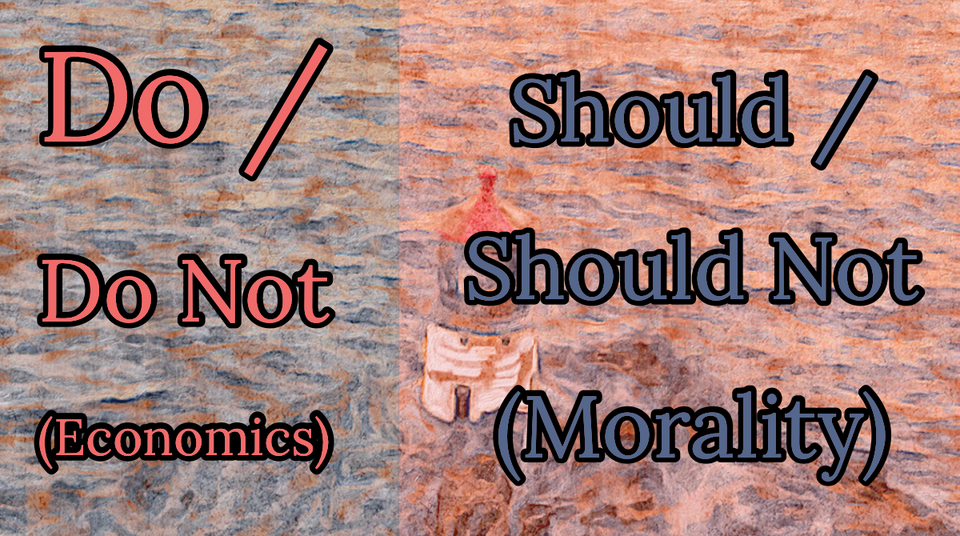
Economics is the relationships of exchange (RoE) and the principle of marginal utility (PMU). Think of the RoE as the individual component of economics and PMU as the social component of economics. That will make more sense in a moment.
The relationships of exchange is how/why/if people exchange with others while the principle of marginal utility is the way in which people use means to maximize their utility. A complete theory of economics tackles both arenas.
The relationship between the two is fascinating. The two arenas are inversely related - they form a dichotomy. This should not be confused as a fundamental problem of economics, but within economics. The former is nonsensical and leads to tyranny.
The reason the two are inversely related is because one has fixed points, and the other does not.
The Relationships of Exchange (RoE)
For lack of a better word, certain things are "sacred" within the RoE. For instance, property is a sacred construct. Otherwise, how would people exchange things with one another? What relationships of exchange could exist if you do not know what you can exchange or what another party can exchange with you? Whenever people engage in explicit exchanges, they are participating in the broader principle of reciprocity. The only way of measuring the "equivalence" of disparate goods is in the free exchange. Otherwise, we would only be able to exchange a book for another identical book, which would be extremely limiting. As such, another "sacred" point in the RoE is the freedom to contract.
The Principle of Marginal Utility (PMU)
Nothing is "sacred" or fixed within the PMU. Means are organized strictly by their utility to result in some satisfactory end. It cannot tell us what that satisfactory state is. The economist hides his ignorance with the blanket term "utility", but nonetheless, the Principle tells us how we organize our means to satisfy some unknown result (we have to discover or know our own "result" individually). It tells us how to maximize our situation, in the simplest terms.
So even the goal of the PMU is not sacred, is not a fixed point. It is subjective.
The Economic Debate
If we did not have to incessantly prove to the ignorant and the special interest groups that government intervention is harmful and unnecessary, then the fundamental economic debate is where we draw the line between the RoE and the PMU.
Where the line is drawn is the problem to be solved. I won't make an economic judgement by stating where the line should be. I am merely providing the framework of the problem and demonstrating what happens if the line is drawn too high or too low.
RoE > PMU
If the economic line is drawn too high, the RoE encroaches upon the territory of the PMU. The RoE consists of social obligations. The freedom to contract cannot exist without individuals acknowledging that they have an obligation to respect other's freedom to contract. It cannot exist without individuals acknowledging that they have an obligation to distinguish between what is their property and what is another's property.
If the RoE encroaches upon the territory of the PMU, the iron hand of forced obligation is not held in its proper place; the fixed points of property and contract are expanded so that efforts to direct resources to their most efficient use (marginal utility) is frustrated by interests of those claiming property or contract illegitimately.
PMU > RoE
If the economic line is drawn too low, the PMU encroaches upon the territory of the RoE. People would weigh the obligations of the Exchange with standards of their own. Property and contract would become subjective and whimsical constructs. We could not own anything, so we could not exchange anything. We would not be free unless we were the ones that were in power because the freedom to contract would not be sacred. If we decided that PMU > RoE, then the powerful would not respect the right of the less powerful to own property.
Bizarrely, this does not appear to be a problem in the free market however, but in the hampered market.

![A Religion Called "Psychology" & the Bully Myth [Part II]](/content/images/size/w750/2022/10/bully2.PNG)
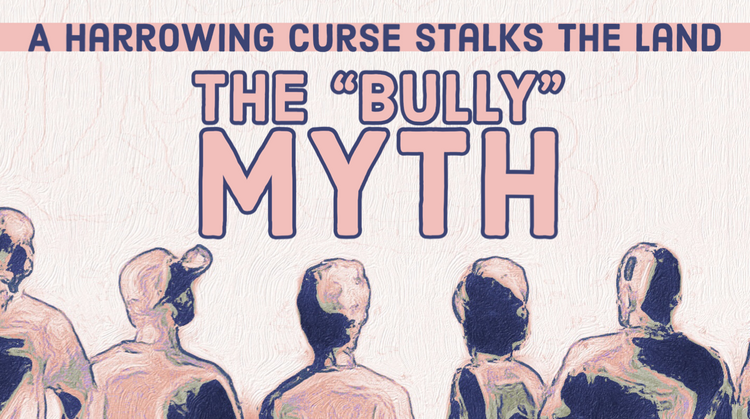
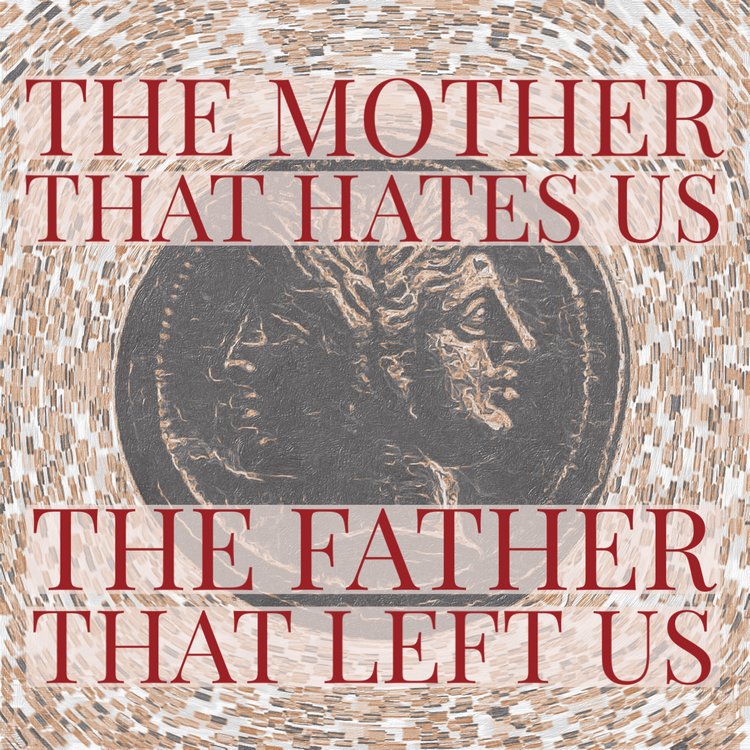
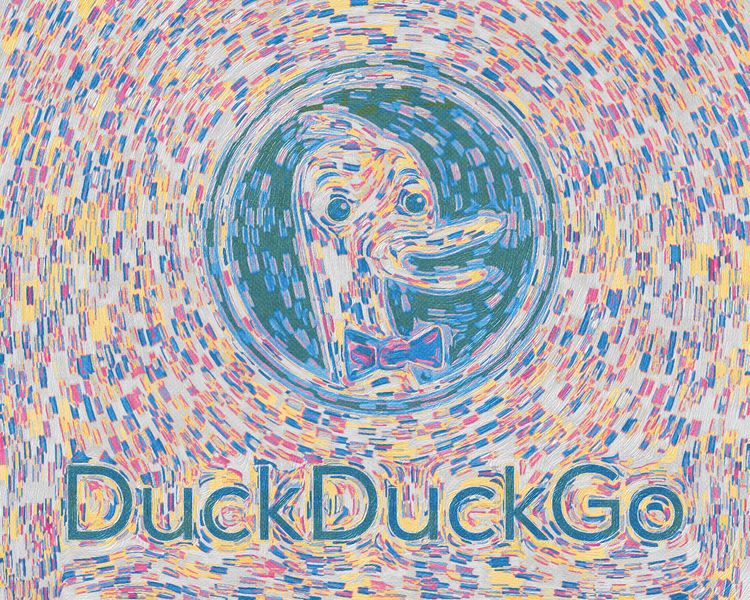
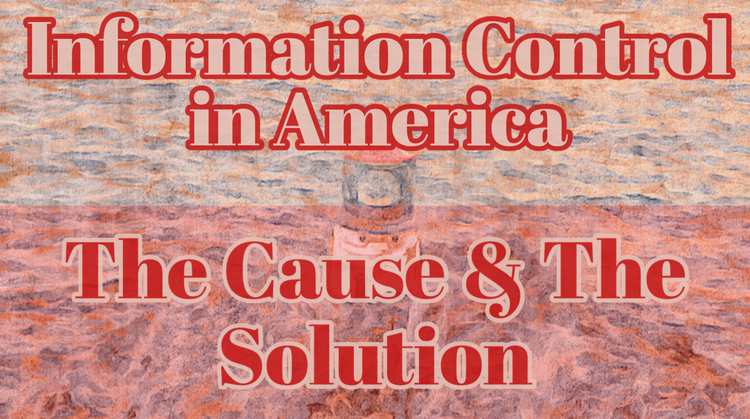
Member discussion